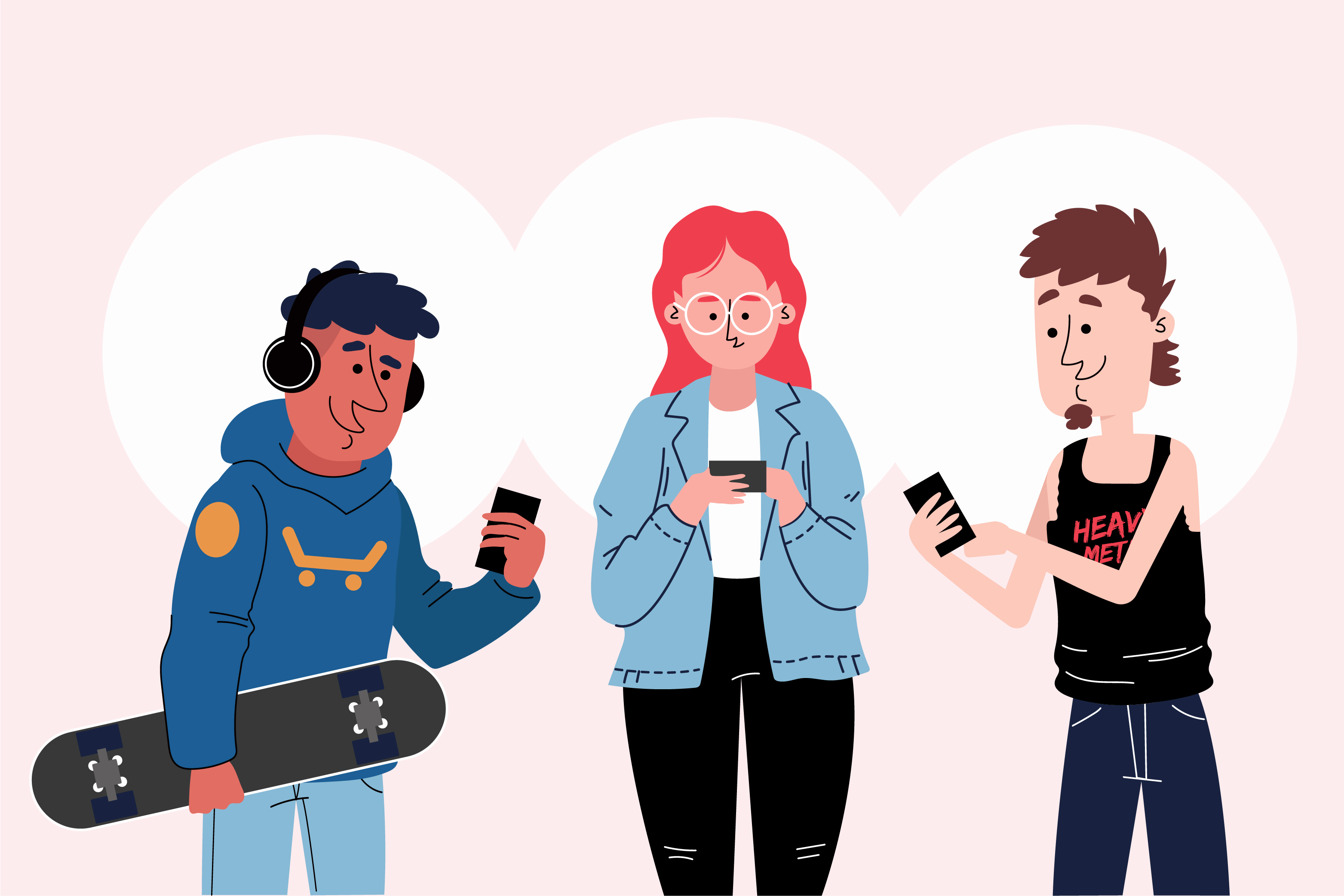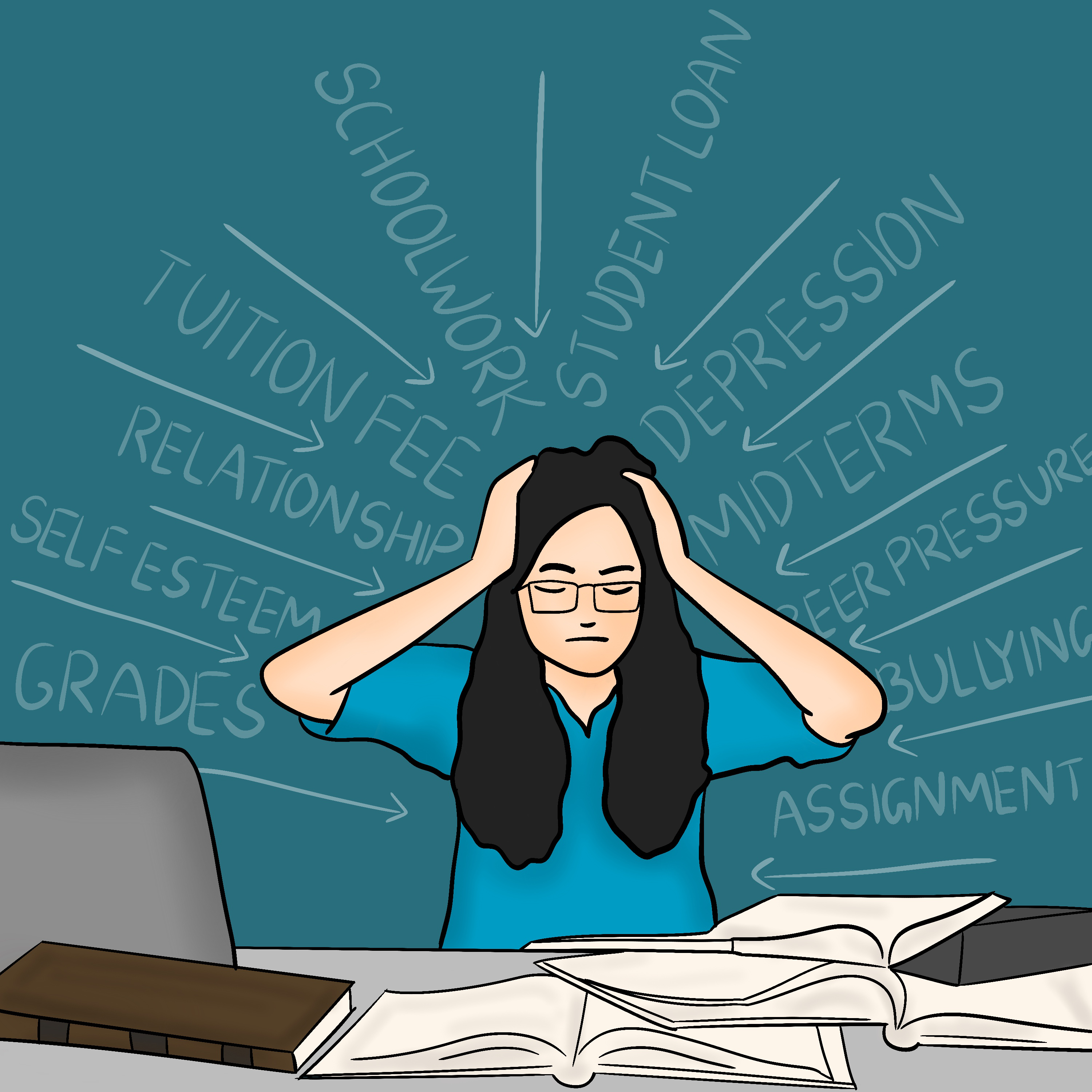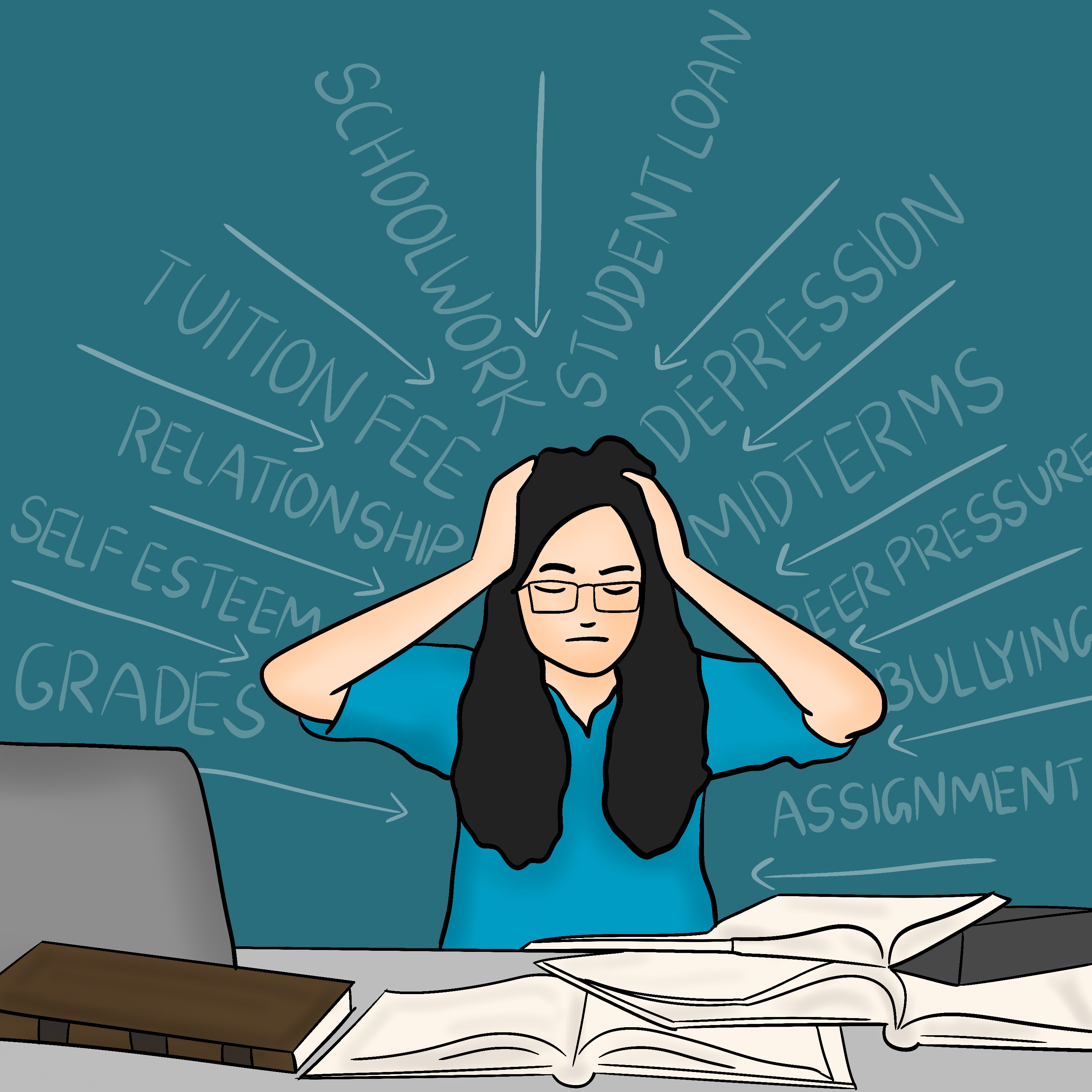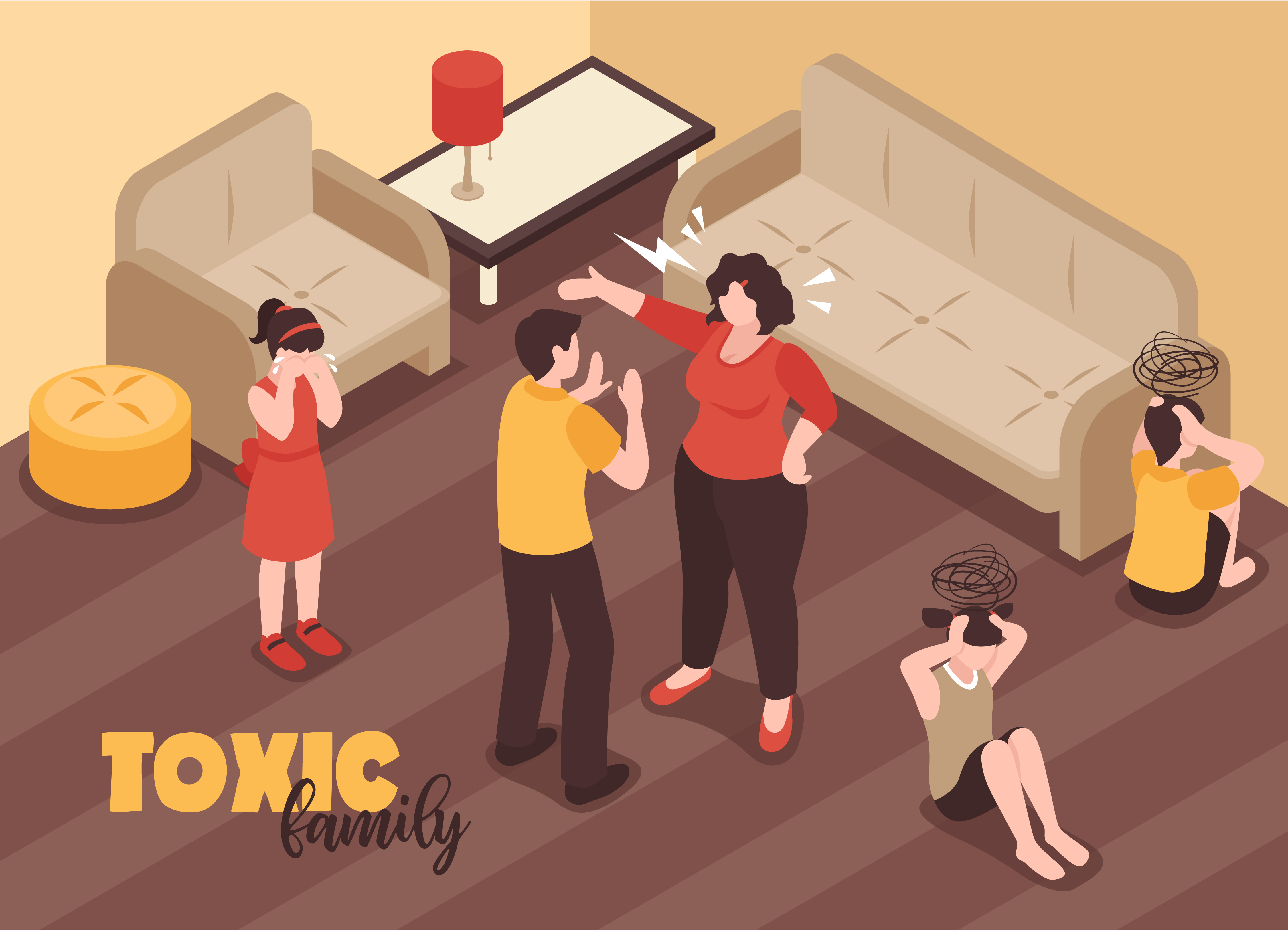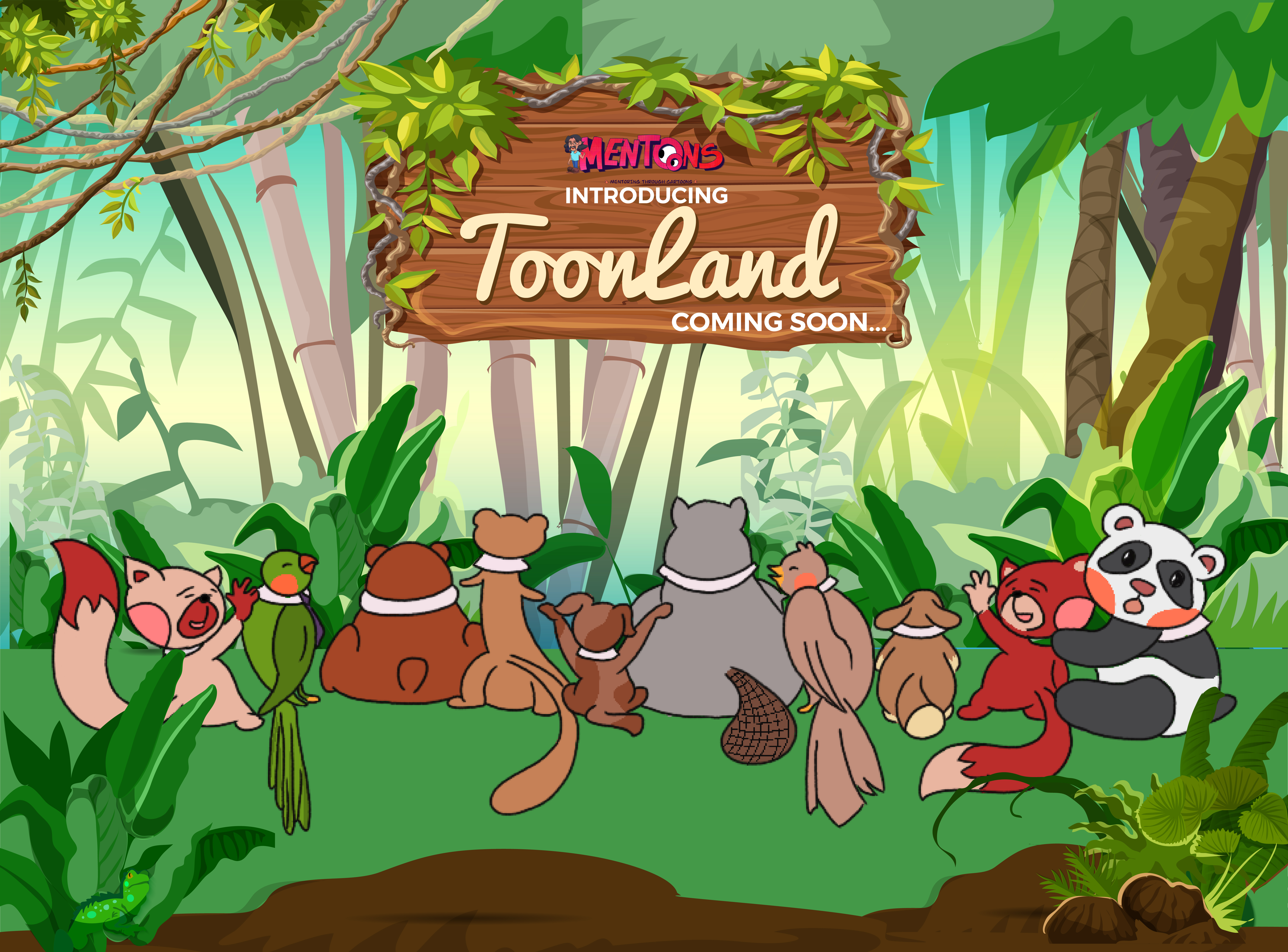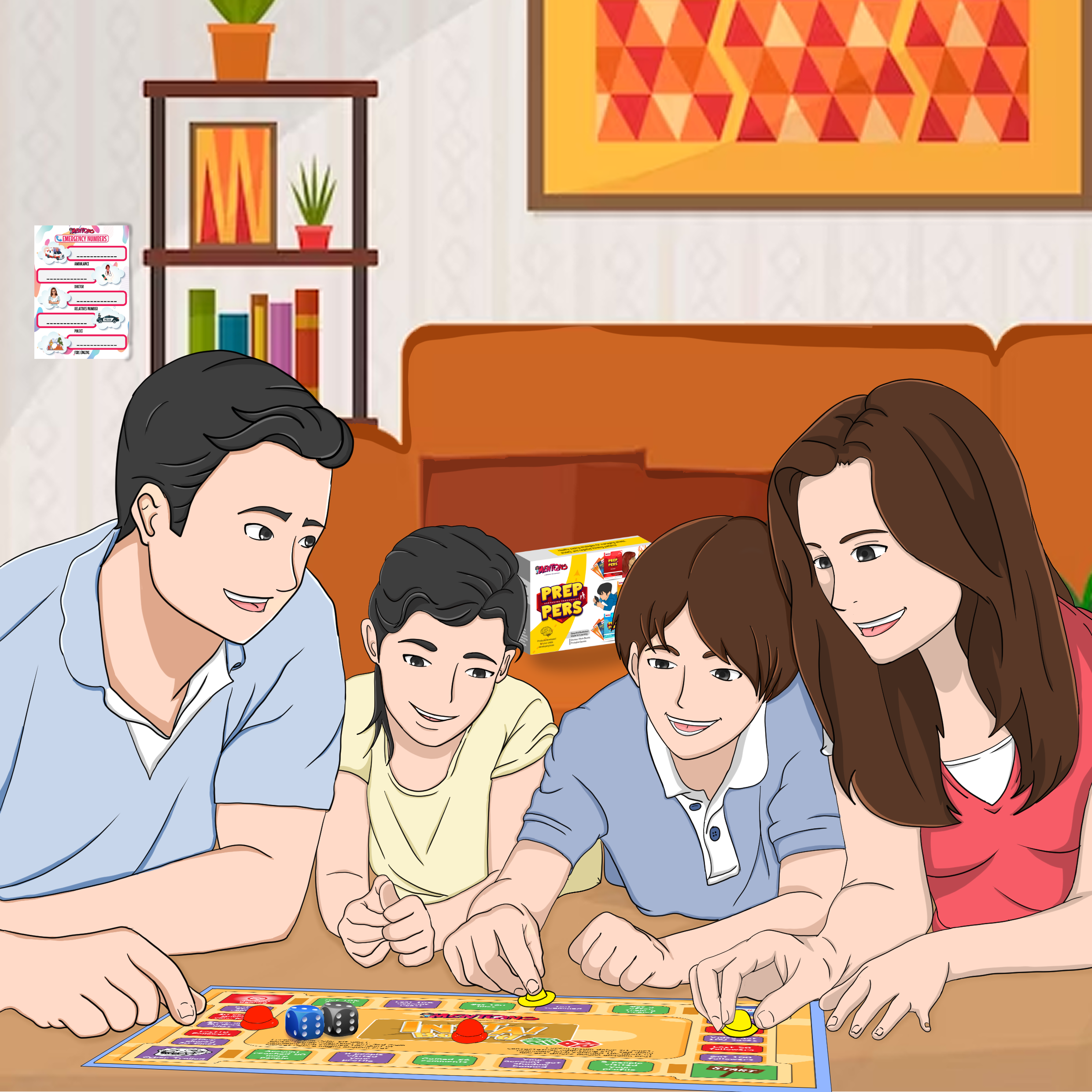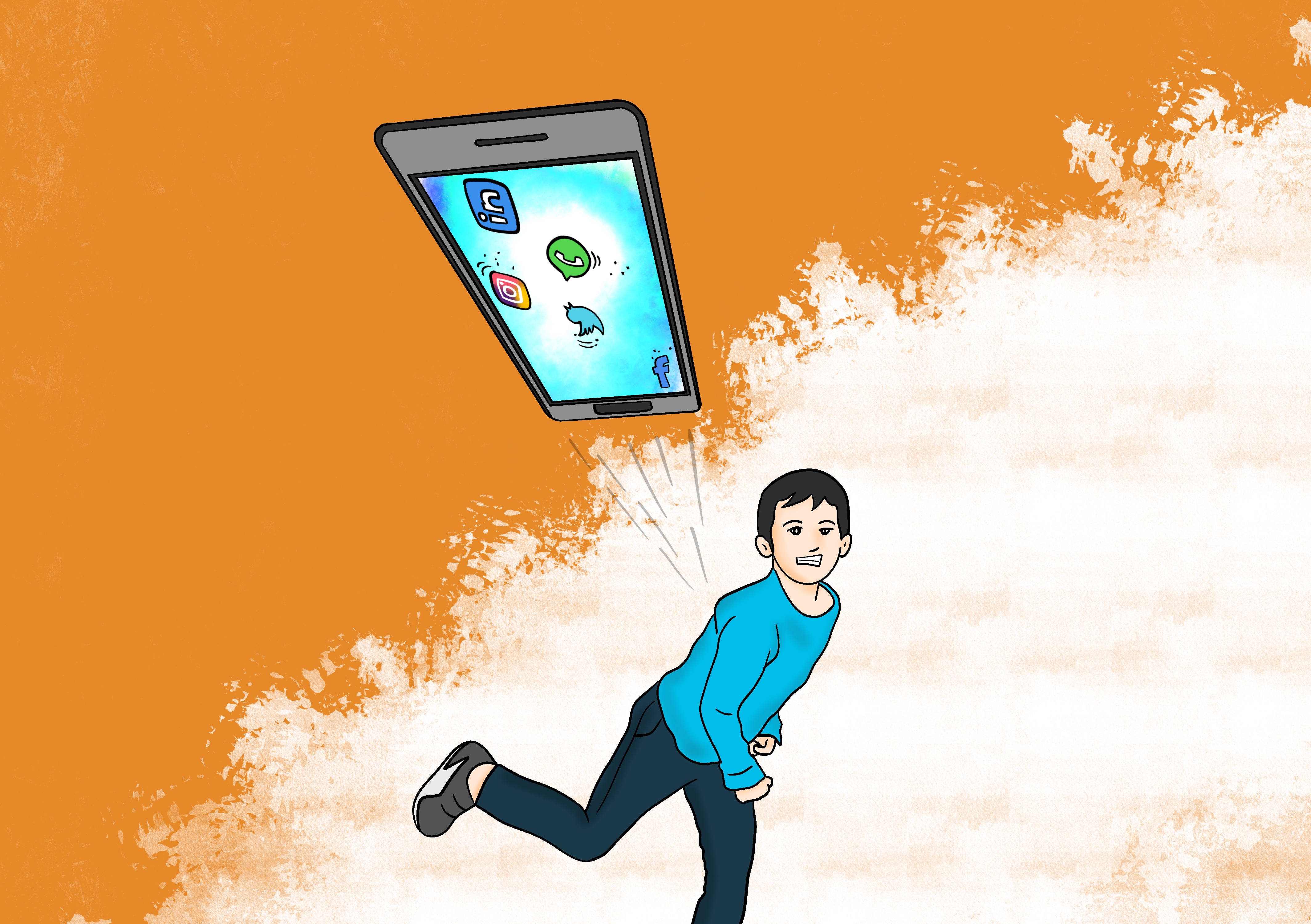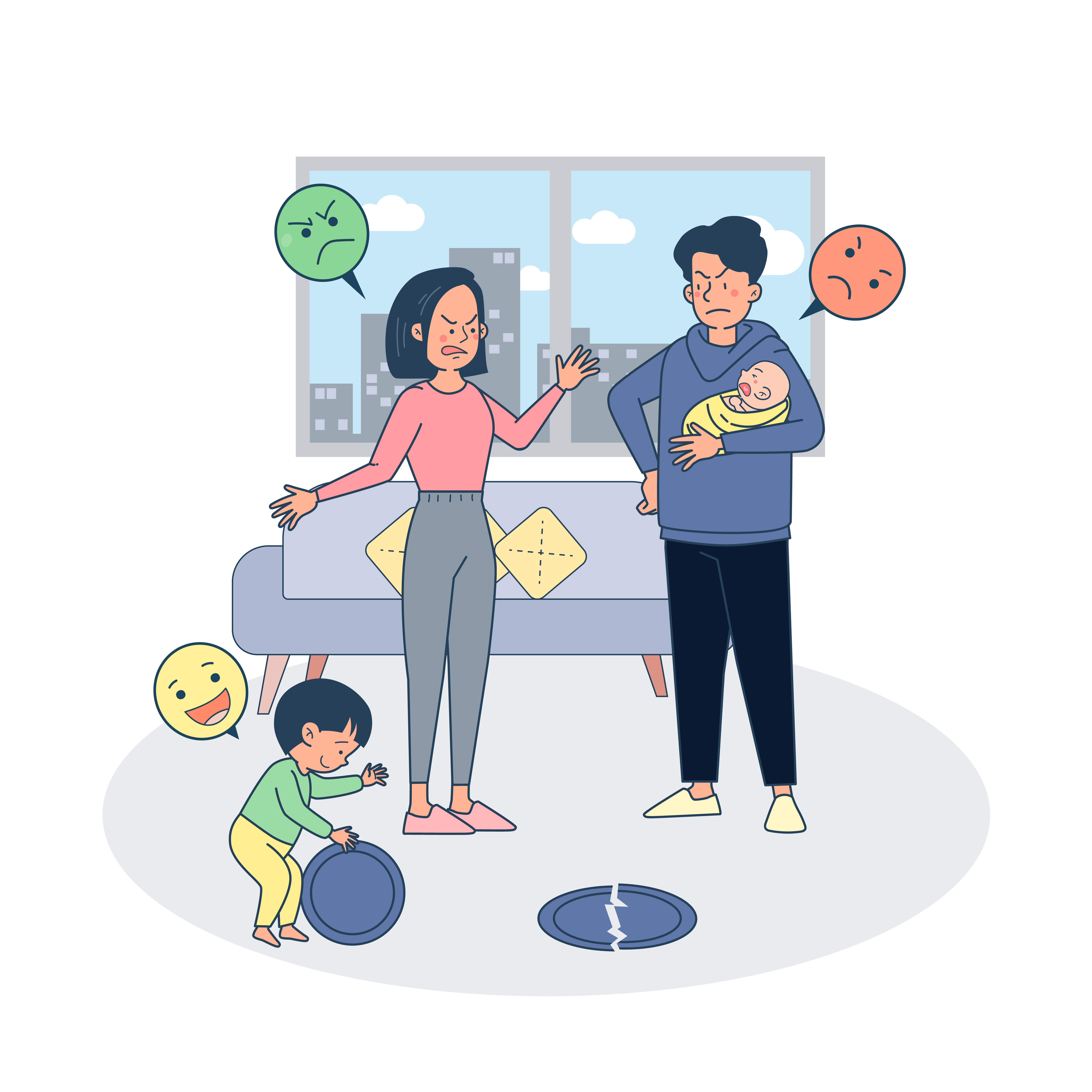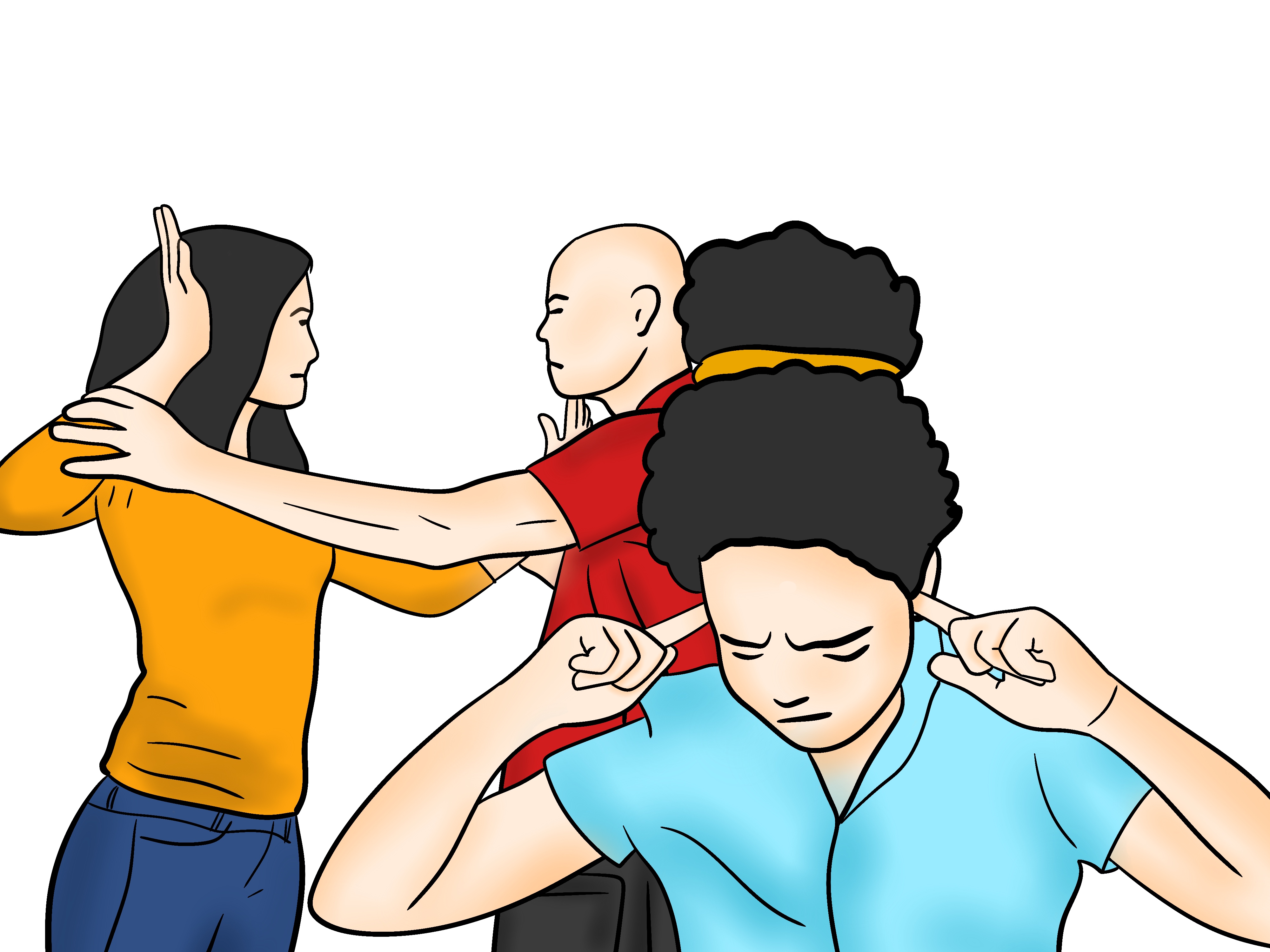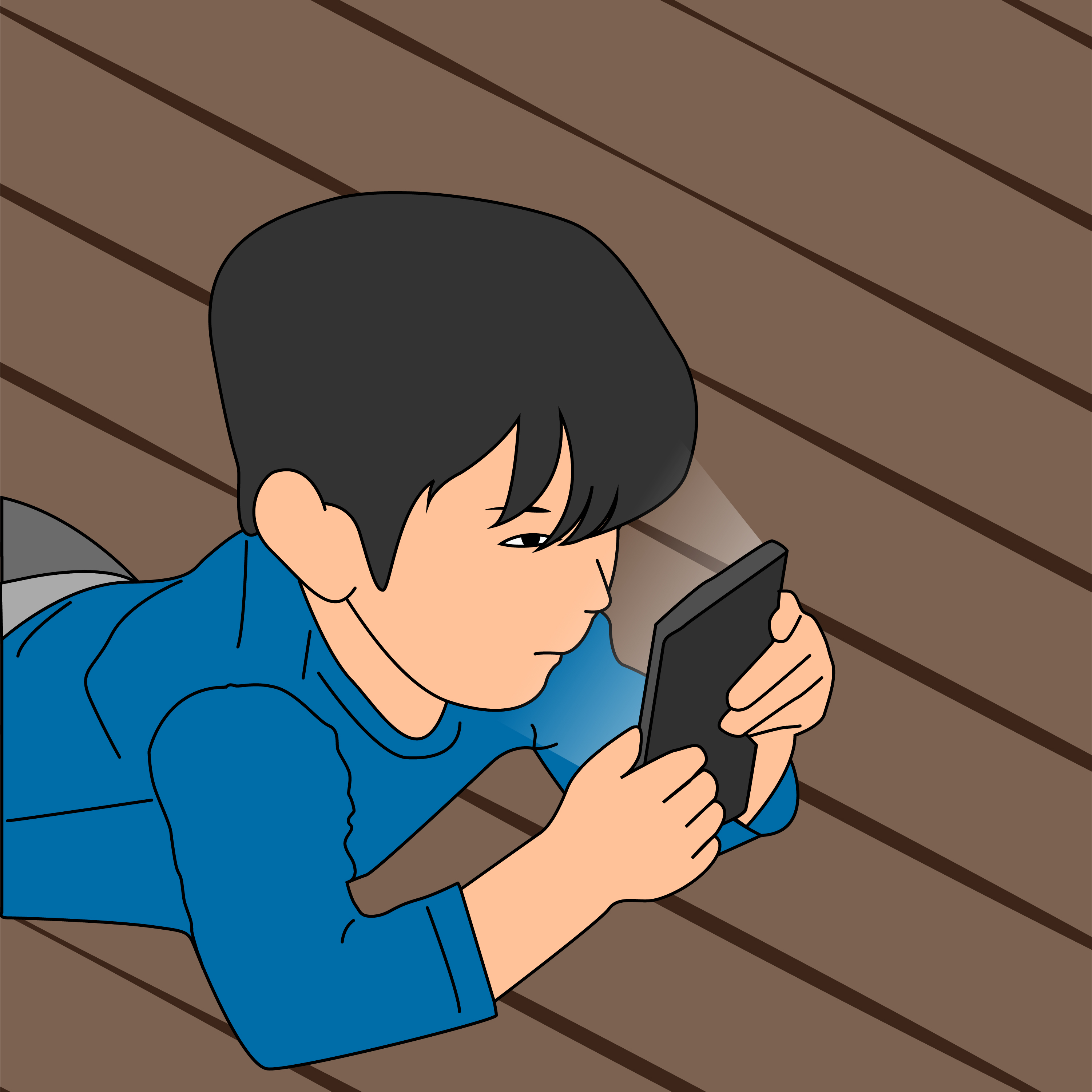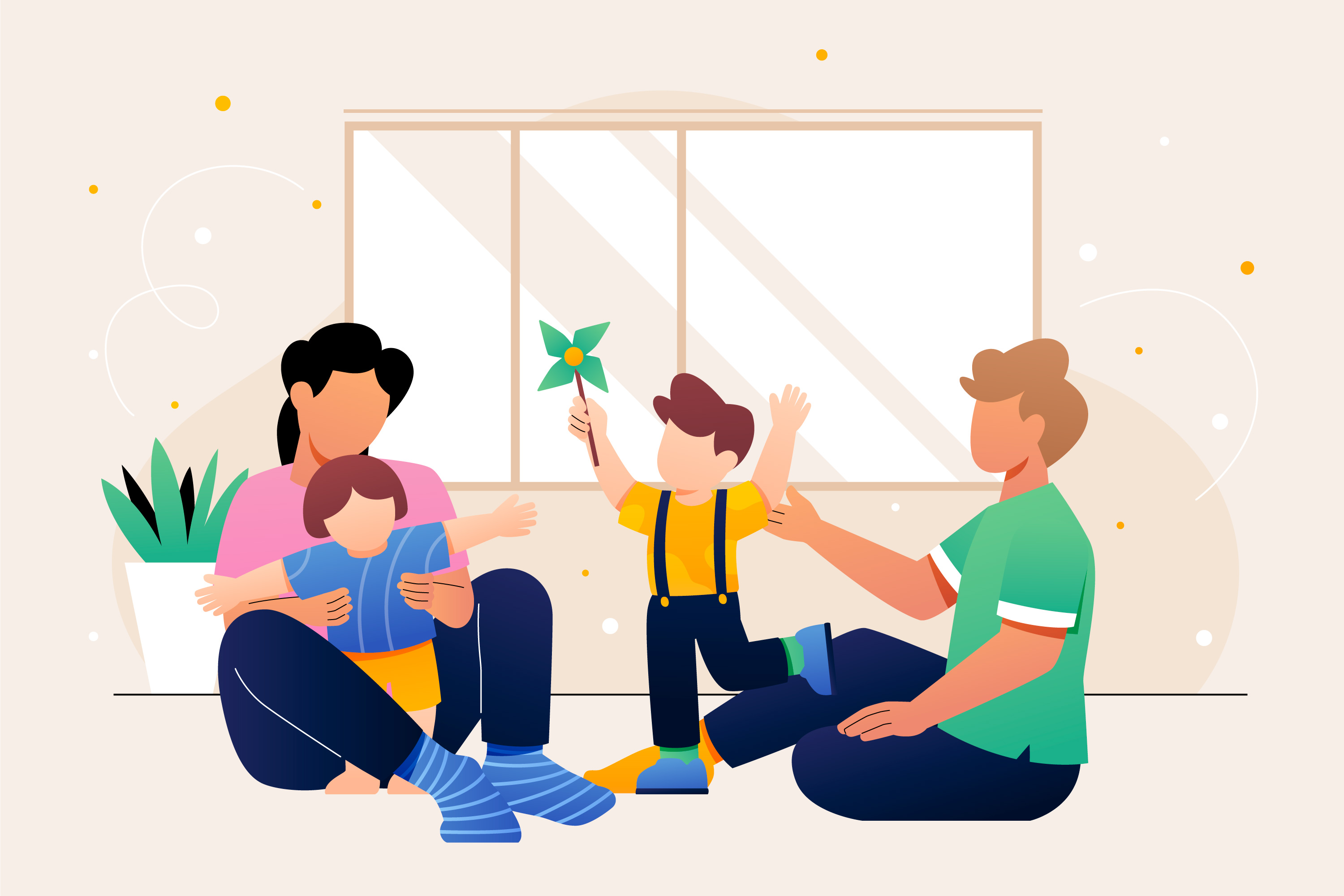Teen Emotions and Behavioural Problems
Adolescence is a period when a lot of physical, hormonal, and cognitive changes take place. To cope with all these changes, a child sometimes gets irritated, aggressive, and restless. It is a tough phase as the child goes through a lot of changes in the body. To adjust to all these changes there are a lot of mood swings.
Enjoying with friends is important but it should not come in between your family time or affect your academics and other important aspects of life. During teenage, children spend more time with friends and they do not like when parents stop them from meeting their friends.
1.Eve teasing: It is a form of sexual harassment. Whistling, winking, touching inappropriately, passing obscene remarks. Making someone uncomfortable and coming into a private space is something not acceptable.
2.Piercing and tattoos: Having a tattoo or body piercing is one of the ways teenagers like to express themselves. For them, it is another way of enhancing their physical appearance.
3.Toxic friendships: Friends who encourage you to do wrong things or behave in a manner that is not acceptable is toxic friendship. Some teens get caught in criminal activities, some are the cause of anxiety and stress. Just for the sake of acceptance, teens get along with the wrong company. That wrong company is called toxic friendships.
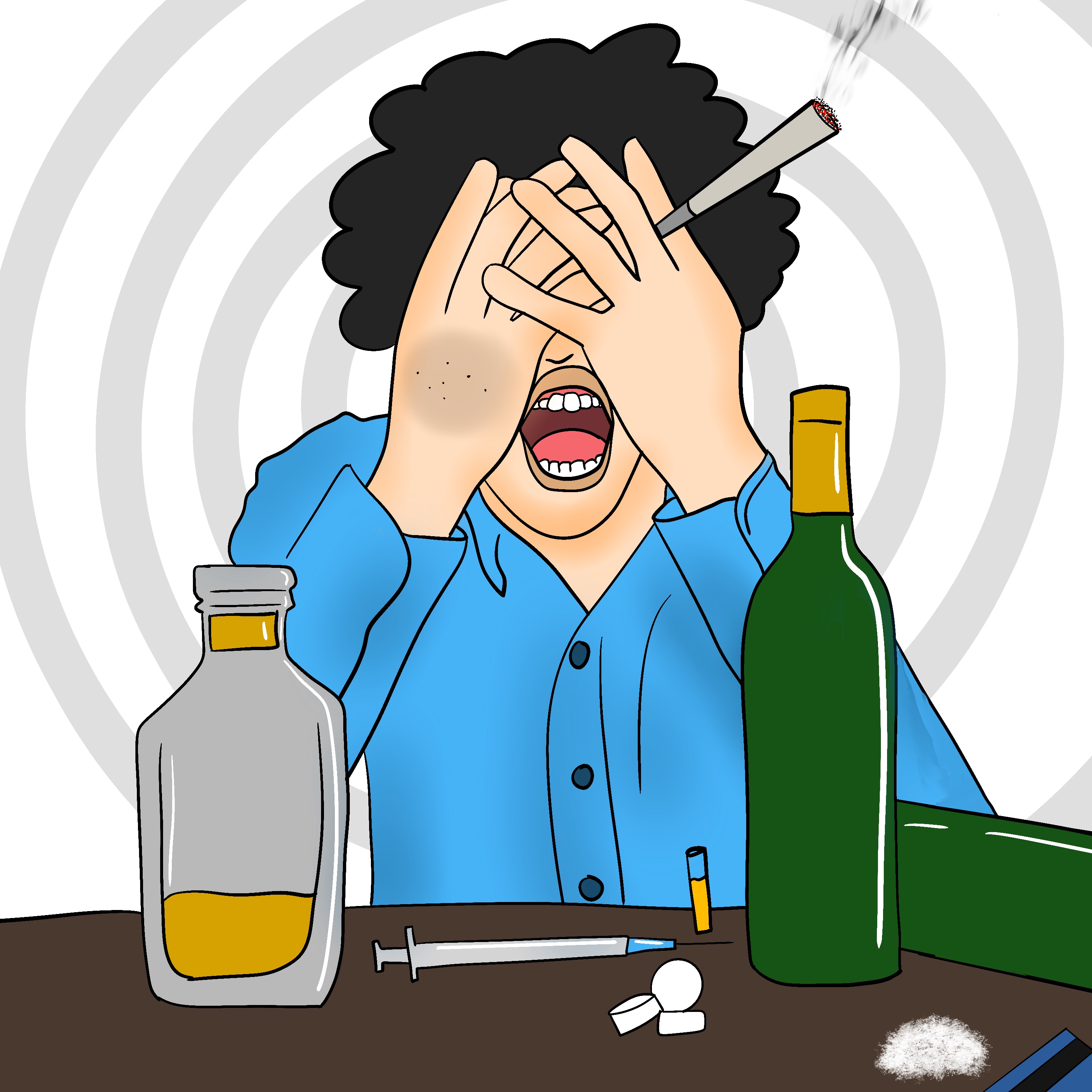
Substance abuse
Indulging in alcohol, drugs, smoking by coming under peer pressure or seeing all this in movies. Learning from people around or emotionally stressed, anxiety all this can lead to substance abuse during teenage. They do not realize the harmful effects it has on their health. They take it so that they can show they are ‘cool’ or they believe that it is helping them to cope with stress.
Crushes and relationships: It is normal to get attracted to someone and have feelings. It is common during the teenage time as a child goes through a lot of hormonal, physical, and cognitive changes. Liking someone and coming into a relationship is very common. During this time some children feel that coming into a relationship is important to gain status among friends. They find it ‘cool’. Dating one or more than one is negative effects as it leads to problems in life. But having genuine feelings and sharing them and positively taking the feedback is not that bad.
Adolescence, a transformative journey marked by physical, hormonal, and cognitive shifts. In this challenging phase, mood swings become a silent language, expressing the intricate dance of change within. Navigating through irritations and restlessness, the adolescent spirit evolves resiliently.
Masculinity and femininity: Children are expected to behave according to their sex. When a child reaches adolescence a lot of physical and emotional changes take place. Boys learn about masculinity. They are told to behave in an expected way like ‘big boys don’t cry’ and express themselves as ‘tough guys’. Gender roles are assigned to them. Especially in the case of boys, as they are not allowed to express their emotions well and they develop more aggressive behavior because of that.
Bullying: Showing aggressive behavior which can harm the other individual just because you are big and have high power. It is common in schools and colleges. Children of the tenth, or eleventh standard bully a child of sixth standard or ragging in college. This can impact the self-esteem of children who are being bullied and the one who is bullied develops aggression.
Fashion: Teenagers love to keep themselves updated with fashion trends. How they dress, how they look, what accessories to wear- all this should be updated. Their fashion trends sometimes do not match with what their parents want them to wear. This can become a point of argument between the two. Also just for the sake of acceptance from society and peers, adolescents want to follow the trend even if they are not comfortable with it.
Attention from the opposite sex: Teens like it when they get a compliment from the opposite sex. Girls feel happy when boys call them ‘beautiful’, ‘pretty’ and ‘attractive’. Similarly, boys like to get girls' attention and they feel good when girls call them ’handsome’.

